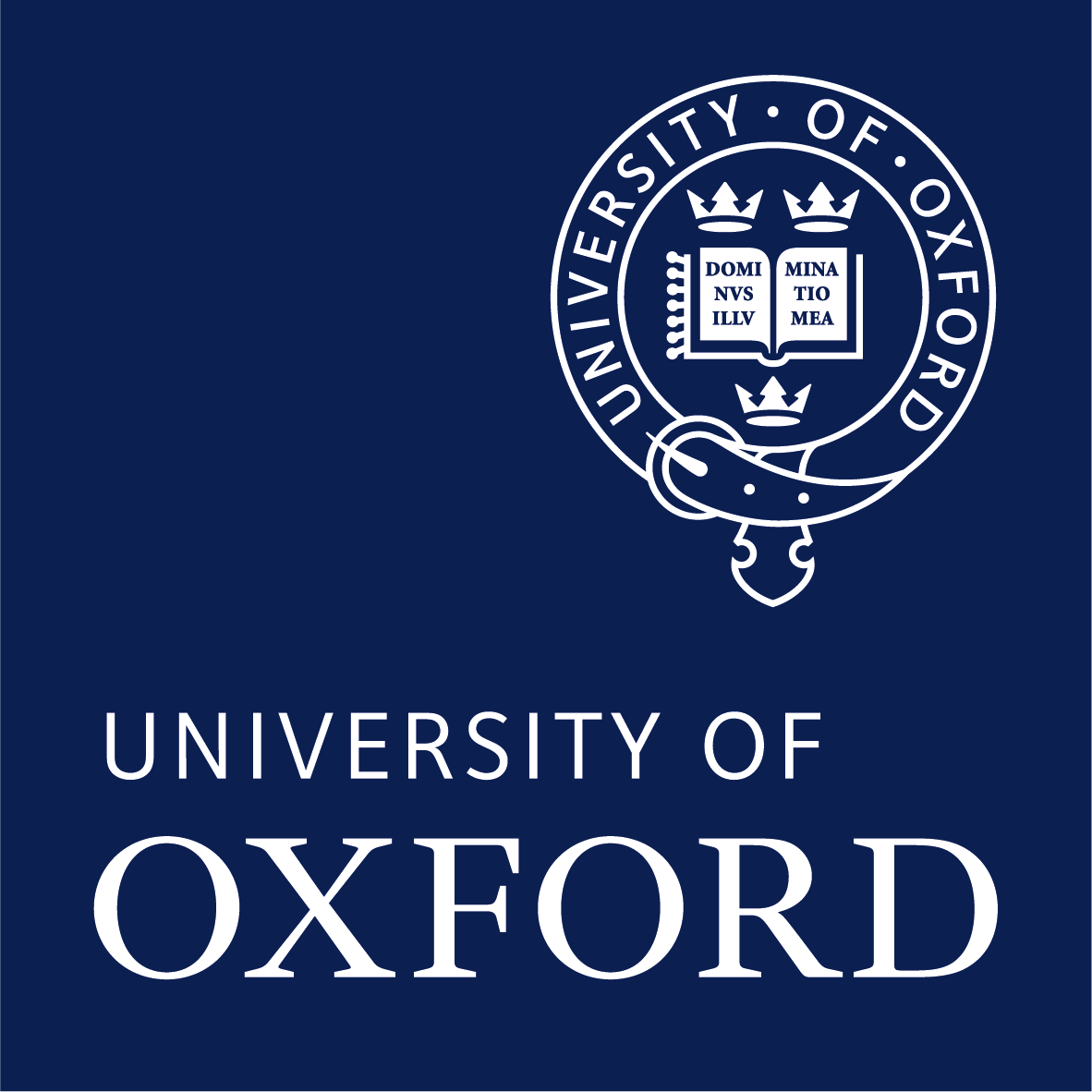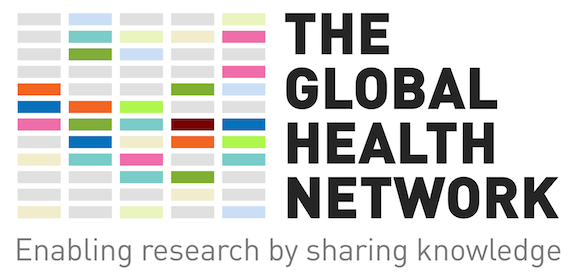Course Overview
This course aims to share technical and scientific knowledge about public health emergencies. It presents how global governance operates, ways of civil society action and tools to help social movements to act as mediators and producers of knowledge through the strengthening of popular surveillance and digital activism.
Target audience
This course is intended for representatives of, and those involved with, social movements of vulnerable populations in Latin America. It may be extended to the public of other countries and people interested in the subject.
Structure and duration
This course has a total duration of 30 hours, divided into 9 classes.
Certification
The certificate will be issued after 80% of correct answers in the evaluation at the end of the course, without a limit of attempts.
Course Contents
|
Module 1 |
|
|
Module 2 |
|
|
Module 3 |
Social movements in Latin America and response to public health emergencies |
|
Module 4 |
|
|
Module 5 |
|
|
Module 6 |
Covid-19 epidemiological panel in vulnerable urban territories: a brazilian case |
|
Module 7 |
|
|
Module 8 |
|
|
Module 9 |
|
|
|
Authors
Ana Carolina Monari, master in Communication from the Universidade Estadual Paulista and researcher at the Center for Studies in Communication, History and Health (NECHS - Fiocruz/UFRJ)
Andre Reynaldo Santos Périssé, PhD in epidemiology from the University of Maryland, Baltimore and researcher in Public Health at the Samuel Pessoa Endemic Diseases Department of the National School of Public Health (ENSP/Fiocruz)
Eliane Matos dos Santos, PhD in Public Health, Epidemiology, from ENSP/Fiocruz and physician of the Clinical Advisory Board of Bio-Manguinhos/Fiocruz
Fernando Ferreira Carneiro, PhD in Epidemiology from the Federal University of Minas Gerais, researcher at Fiocruz Ceará and coordinator of the Popular Surveillance in Health, Environment and Work Participatory
Flávia Bueno, PhD in Global Health and Sustainability from the University of São Paulo, coordinator of the Fiocruz Hub at The Global Health Network Platform and coordinator of research on pandemic solidarity, social movements and response to the pandemic of COVID-19
Flora Viana Elizeu da Silva, Bachelor's degree in Environmental Sciences from the Federal University of Ceará and researcher at the Participatório de Vigilância Popular em Saúde, Ambiente e Trabalho (Participatory Surveillance in Public Health, Environment and Workplace)
Gustavo Matta, PhD in Collective Health from the Institute of Social Medicine, State University of Rio de Janeiro, public health researcher at ENSP/Fiocruz, coordinator of the Zika Social Sciences Network at Fiocruz Rio de Janeiro and coordinator of the Social Impacts Axis of the Covid-19 Fiocruz Observatory
Hully Guedes Falcão, PhD in Anthropology from Fluminense Federal University and researcher at NECHS - Fiocruz/UFRJ, Núcleo Fluminense de Estudos e Pesquisa (NUFEP/UFF-InEAC) and National Institute of Comparative Studies in Institutional Conflict Management (INCT-InEAC)
Igor Sacramento, PhD in Communication and Culture from the Federal University of Rio de Janeiro (UFRJ), researcher in Public Health at Fiocruz Rio de Janeiro, professor of the Postgraduate Program in Communication and Culture (UFRJ) and the Postgraduate Program in Health Information and Communication (Fiocruz), and coordinator of the NECHS - Fiocruz/UFRJ
Larissa Pruner Marques, PhD in Collective Health from the Federal University of Santa Catarina, manager of the Online Training Project of Fiocruz Hub at The Global Health Network Platform and coordinator at the Directorate of Primary Health Care of the Secretariat of Santa Catarina State - Brazil
Luiz Rons Caúla da Silva, bachelor in Environmental Sciences from the Federal University of Ceará and researcher from the Participatório de Vigilância Popular em Saúde, Ambiente e Trabalho
Márcia Corrêa e Castro, PhD in education from PUC-Rio and coordinator of Canal Saúde/Fiocruz
Maria de Lourdes de Oliveira Moura, Master's in Public Health from ENSP/Fiocruz, coordinator of Patient Safety and Risk Management of the Superintendence of Health Surveillance at Rio de Janeiro State Department of Health, Technical and Scientific advisor of Proqualis - Collaborating Center for Quality of Care and Patient Safety of the Institute for Scientific and Technological Communication and Information in Health of Fiocruz
Renata Gabriela Cortez Gómez, PhD in Anthropology from the Centro de Investigaciones y Estudios Superiores en Antropología Social, with specialty in Medical Anthropology (Mexico)
Renata Gracie, PhD in Collective Health from the Institute for Studies in Collective Health at the Federal University of Rio de Janeiro, researcher at the Health Information Laboratory ICICT/Fiocruz and collaborator in the Covid-19 Unifying Panel on Slums
Richarlls Martins, Master’s in Public Policy in Human Rights from the UFRJ, guest researcher at Fiocruz, executive coordinator of the Fiocruz Plan to Combat Covid-19 in the slums of Rio de Janeiro, consultant of the Pan American Health Organization, general coordinator of the Brazilian Network of Population and Development of the platform "Goals for the World-Policy Center" of IREL/UnB and member of the Working Group of Civil Society for Agenda 2030
Rubén Muñoz Martínez, PhD in Anthropology from the Universidad Autonoma de Madrid, research professor at the Centro de Investigaciones y Estudios Superiores en Antropología Social, Mexico City, member of Fiocruz Project "COVID-19 and Social Movements in Latin America"
Theresa Williamson, PhD in Urban planning from the University of Pennsylvania (USA), coordinator of the Covid-19 Unifying Panel on Slums, founder and executive director of Catalytic Communities (ComCat) and editor-in-chief of RioOnWatch
Vanderlei Pascoal, Master's from the Military Institute of Engineering in Geographic Information Technology and collaborator of the Climate and Health Observatory, Fiocruz
Victor Grabois, PhD in Public Health from ENSP/Fiocruz, professor of the Department of Health Administration and Planning ENSP/Fiocruz, executive Coordinator of Proqualis/Icict/Fiocruz, president of the Brazilian Society for Quality of Care and Patient Safety
Acknowledgements
Bibliography
Funding
This course is a partnership between the Oswaldo Cruz Foundation and The Global Health Network (University of Oxford) and was funded by the project "COVID-19: Strengthening Global Research Collaboration and Impact by Sharing Methods, Tools and Knowledge Between Countries, Networks and Organisations" Grant Ref: MC_PC_19073 (Medical Research Council and NIHR/UK)
Use and reproduction of these e-learning materials
The course material can be used for non-commercial purposes as long as the source/authorship is mentioned, as established in Fiocruz's Open Access to Knowledge Policy.
Your feedback is greatly appreciated; please take a couple of minutes to tell us your thoughts on these courses



